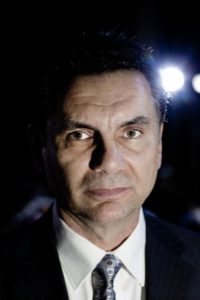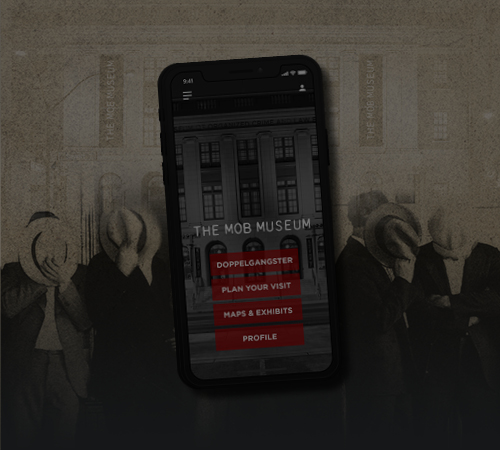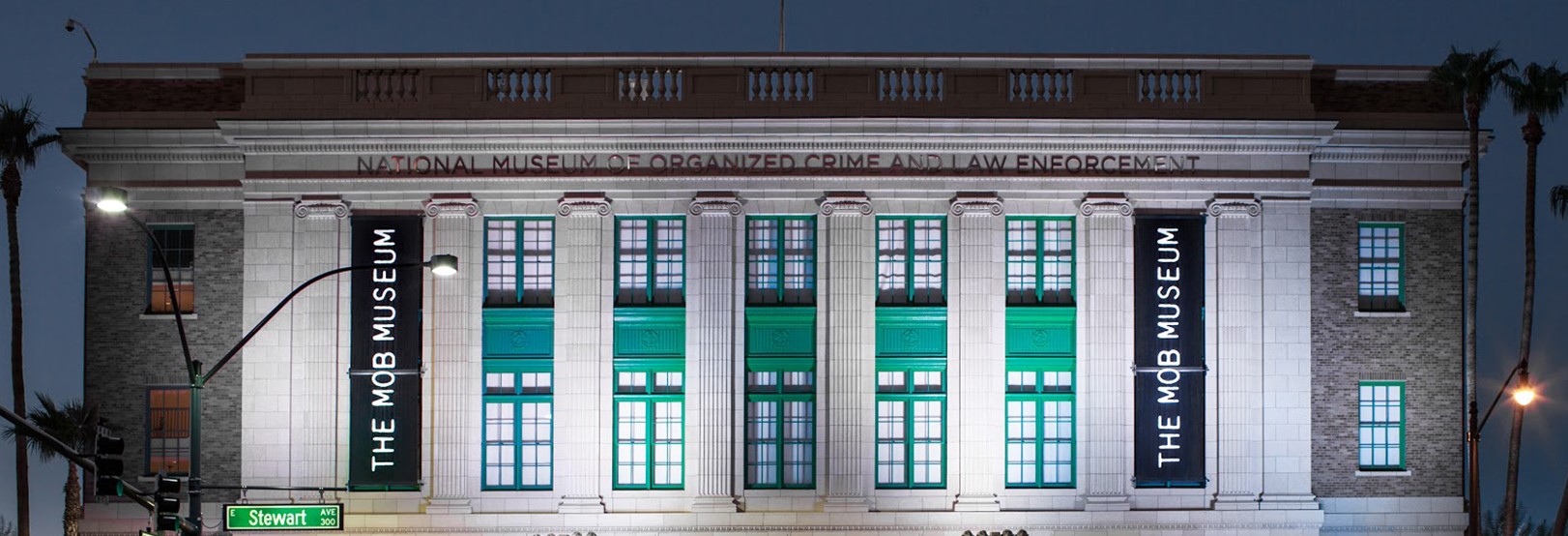
Blowing the whistle on Mob-connected sports betting
A new podcast series examines the NBA referee scandal

In the fourth quarter of a 2002 NBA conference playoff game, Los Angeles Lakers star Kobe Bryant elbowed the Sacramento Kings’ Mike Bibby in the face with only seconds to go. Bryant was seeking an open lane to the baseline to receive an inbound pass in a tight game. Bibby stood in his way. After the elbow, the smaller Sacramento player fell to the court on his back.
The refs did not call a foul.
This incident is mentioned in a recent podcast series, Whistleblower, calling into question the National Basketball Association’s credibility during this era. Lurking in the league’s shadows, according to the podcast, were Mafia figures, corrupt referees, and a money-hungry front office that used its muscle to stifle controversy.
The podcast series, by sports journalist Tim Livingston, focuses on an NBA referee who went to prison in a betting scandal during these years. The former referee, Tim Donaghy, says in the podcast that he bet on games he officiated.
Donaghy cooperated with federal prosecutors in the case and was sentenced to 15 months in prison, according to news stories. In his book, published in 2009, Donaghy said his “involvement with illegal betting was more than a crime; it was a betrayal of the profession to which I had devoted my entire adult life.”
The book, published in 2009, is titled Personal Foul: A First-Person Account of the Scandal That Rocked the NBA. Donaghy spoke at The Mob Museum in 2013.
“During this dark period, I associated with sleazy bookies and reputed Mob figures, slowly becoming someone my family and friends no longer recognized,” he wrote. “I passed inside information to wiseguys who were making millions of dollars on my picks and lining the pockets of Mafia heavyweights.”

The podcast series includes an interview with Michael Franzese, once a made member of the Colombo crime family in New York. Franzese said that in the 1990s he had two NBA officials on his payroll. Neither was Donaghy. Franzese declined to name the referees.
Franzese said the Mafia fixed games in all sports: basketball, baseball, football, tennis. The best way to control a game is to have a referee “working with you,” he said. Officials can sway the outcome in ways that are hard to detect. Nearly every play in every game has something that can be called — or not — to produce a desired final result.
The Mob made millions on illegal sports betting back then, according to Franzese.
Donaghy, who grew up in the Philadelphia area, refereed in the NBA from 1994 until he resigned on July 9, 2007. His downfall began a month before he resigned when the FBI, in an investigation into betting in the NBA, informed the league about Donaghy.
On July 20, 2007, the New York Post, based on information from unnamed sources, broke the story about Donaghy, linking him to the Mob. Some believe one source was then-NBA Commissioner David Stern. It was thought that Stern leaked the story to protect the NBA’s brand by painting Donaghy as a lone operator.
According to one of the newspaper’s sources, Donaghy got into trouble by “wagering with Mob-connected bookies.” Within days, Stern would refer to Donaghy as a “rogue, isolated criminal.”
On January 1, 2020, Stern died at age 77. Current Commissioner Adam Silver has held the post since 2014.
Silver’s recent challenges have included restarting the NBA season last summer after league play was halted in March at the onset of the coronavirus pandemic. The NBA’s solution was to finish the season and conduct the playoffs in an isolated “bubble” at Walt Disney World in Florida. Fans were not allowed at games, but the games were televised. The league used this platform to promote social justice. A shortened season was completed, with the Los Angeles Lakers, featuring LeBron James, winning the NBA championship.
Donaghy, 53, lives in Sarasota, Florida, not far from where these games were played.
Sports Illustrated has reported that Donaghy is lined up to referee for Major League Wrestling. He also operates an online handicapping service, providing betting advice. The website for this service,” Ref Picks: Tim Donaghy’s Handicappers,” states that Donaghy has a “leg up on most handicappers” because of his “insider experience in officiating games.”
The Ref Picks site says Donaghy “knows all too well how and what can affect a score.”
In a telephone interview, Donaghy said that when he was a referee in the league, he picked up valuable inside information at meetings with other referees. He funneled this information to bookies, giving them a three- to five-point advantage when placing bets, he said.

Also during this time, the league’s critics called the NBA’s credibility into question by claiming the top brass wanted certain teams to win. These were the teams with marquee athletes, playing in major TV markets that appeal to advertisers. The theory is that more viewers will watch these games than ones featuring teams from smaller cities or teams without star players. The NBA assigned these games to officials who understood the expectations, according to Donaghy.
The league has denied any sanctioned wrongdoing.
Donaghy was not officiating the controversial 2002 playoff game between the Los Angeles Lakers and Sacramento Kings, but it often is brought up as an example of suspicious refereeing. The small-market Sacramento Kings had the league’s best record that season, with 61 wins, but their roster was filled with players few casual fans knew much about. The Lakers’ roster included Bryant and Shaquille O’Neal, two superstars playing for a team based in a huge metropolitan area.
In the fourth quarter of Game 6 in Los Angeles, the Lakers shot 27 free throws, the Kings just nine. The Lakers won that game and the next one to eliminate the Kings in the conference playoffs. The Lakers went on to defeat the New Jersey Nets to win the league title.
In the Washington Post, sportswriter Michael Wilbon said some of the calls against Sacramento in that Lakers-Kings game “were just plain wrong.” Consumer advocate and former presidential candidate Ralph Nader called for an investigation. “Something stinks in La La Land,” he said.
Bill Walton, a former UCLA and NBA player working during that game as a television analyst, questioned some calls on the air. He later softened his tone. “You can look at any play or any game and say the referees did a good job here or a bad job there,” Walton told The New York Times. “Referees have bad games. They’re human.”
Since that game, almost two decades have gone by. Legal sports betting during these years has exploded in popularity. Nearly half the states in the country allow legal sports wagering either at sportsbooks in casinos or on smartphones and other online platforms. A public vote on the November 2020 Louisiana ballot demonstrates sports betting’s growing mainstream acceptance. Across the state, 55 of 64 parishes voted to allow sports betting within parish boundaries. In Louisiana, counties are called parishes.
Even with this popularity, some people wonder whether the bets they place are on the up-and-up. Years of game-fixing scandals throughout the sporting world have left a cloud of suspicion.
“I question every game and almost every call, just by nature,” Franzese said in the podcast series, “because I know the way it goes.”
Donaghy said he’s skeptical about some calls in games he watches even to this day. His role now, however, is to help guide bettors on which picks to make. Though Donaghy’s handicapping service gives advice on sports wagering, he doesn’t place bets himself anymore, he said.
“It got me in a lot of trouble,” he said. “I need to stay in my lane.”
Larry Henry is a veteran print and broadcast journalist. He served as press secretary for Nevada Governor Bob Miller, and was political editor at the Las Vegas Sun and managing editor at KFSM-TV, the CBS affiliate in Northwest Arkansas.
Feedback or questions? Email blog@themobmuseum.org





